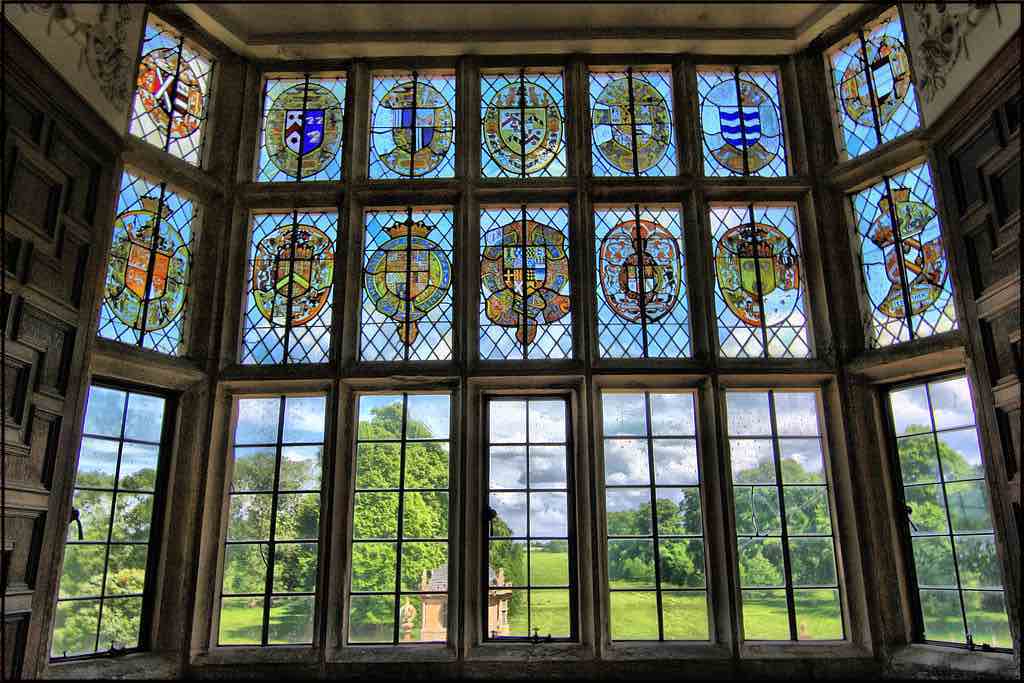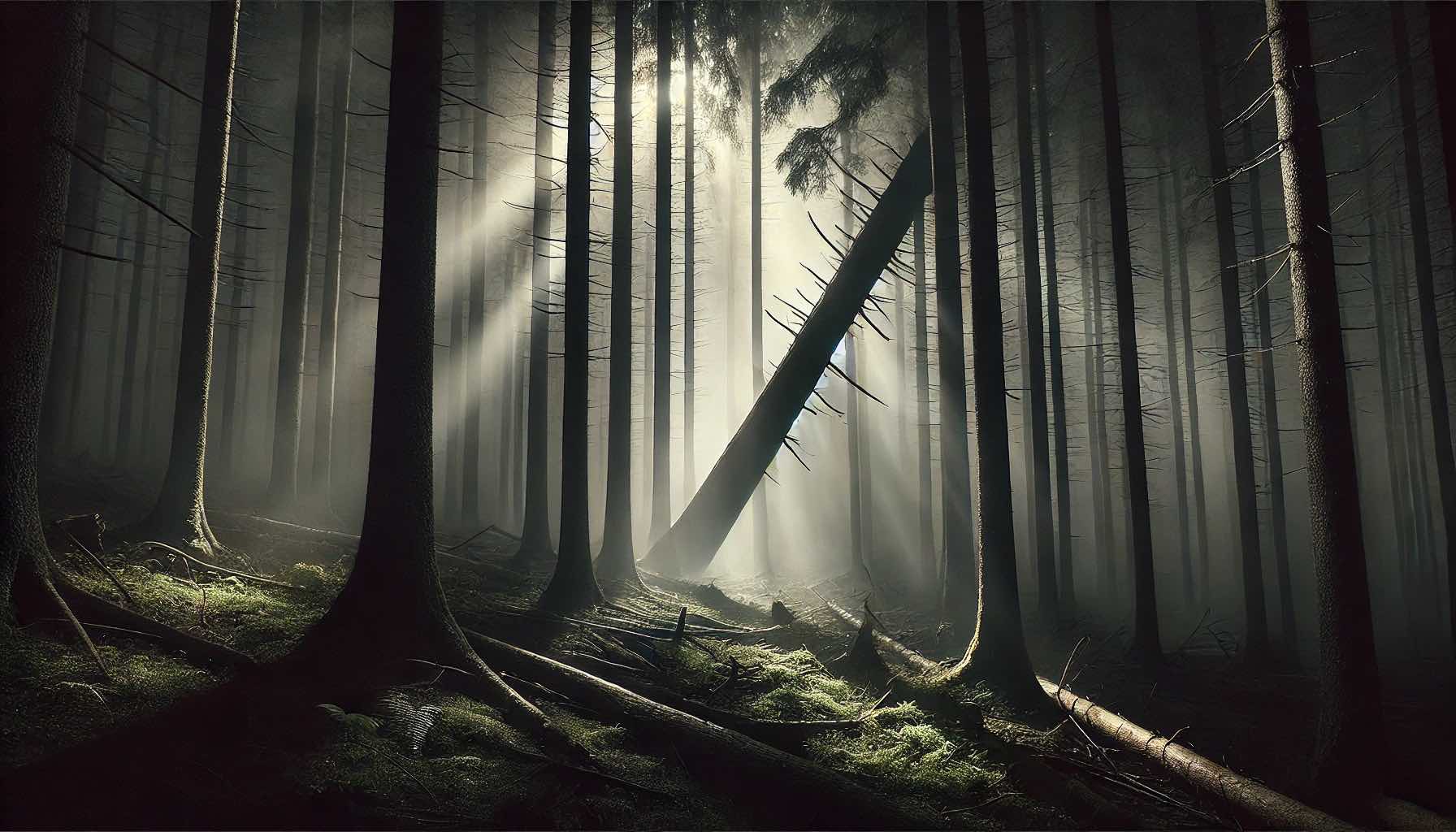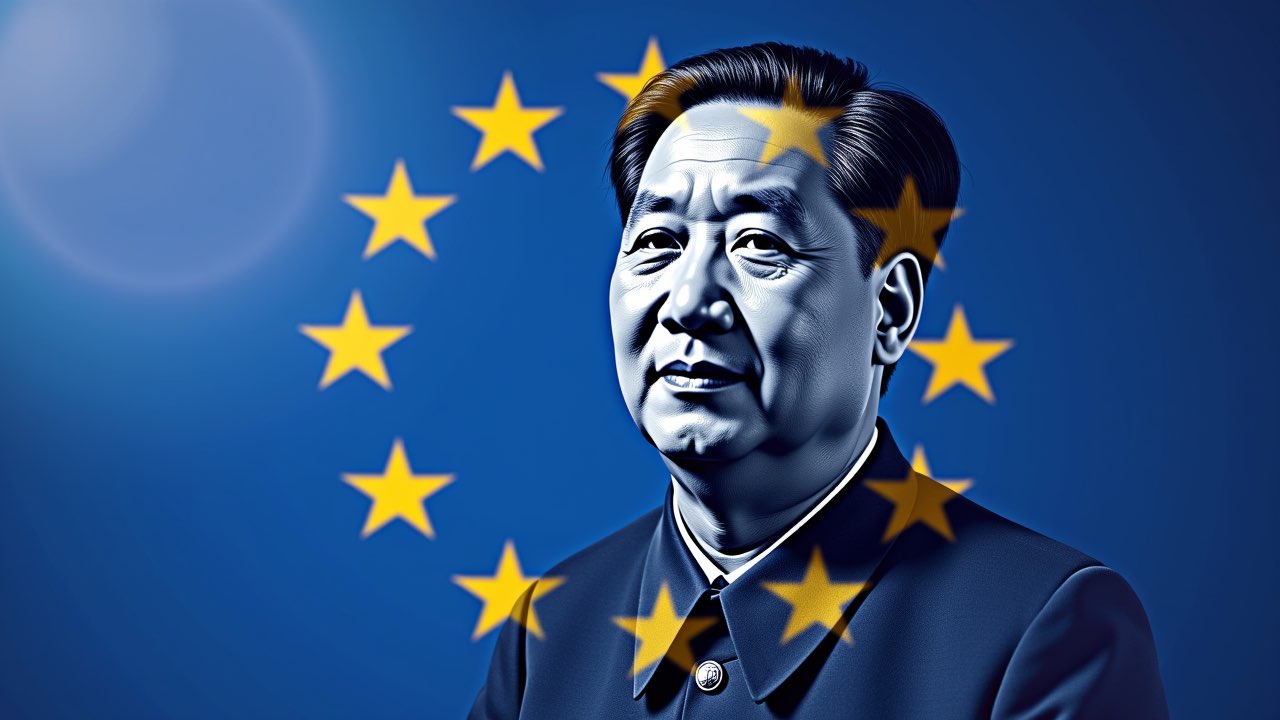
Overton's window creates opportunities for the brave
- Martin Enlund
- 11/4/22
When you’re one step ahead of the crowd, you’re a genius. When you’re two steps ahead, you’re a madman
– Shlomo Riskin
I was recently asked by a former colleague why I had increased my exposure to certain sectors in the equity market. After all, the information that had informed my decisions must already be priced in since the market is efficient, he argued. One could spend plenty of ink on the definitions of market efficiency as is usual in academia, but let’s just not. Instead, I’d like to argue that the market, at least important parts of it, may have become notably less efficient due to changes to the information landscape.
Many may be familiar with the concept tragedy of the commons. Jointly used land (commons) tends to be overused, polluted, and so on. Today’s information landscape actually resembles such a common. Today’s information commons has however become limited (reduced flora and fauna) and less valuable (the soil has been depleted), for several reasons:
Regulations have made bank research less profitable. This has led to a shift of resources from the sell side (banks) to the buy side (funds). Since the analysts on the buy side rarely share their reports publicly, the information commons has thus become less abundant.
What’s more, after oh-so-many scandals pertaining to money laundering and the like, companies - and especially banks - have become keen to avoid “reputational risks”. It’s a game where only the perceptions matter, not the actual events. Even if you were in the right, you were wrong, if it was misinterpreted or disliked by some political heavy-weight or the like.
Moreover, puritan
regulatory bureaucratsenergy vampires have been given free reign in crafting rules and restrictions on what employees can say, publicly, privately, yes, everywhere. The information commons is now becoming decidedly less bountiful.The social costs for expressions have also increased. A somewhat comical micro example is when I was told “you sure seem to know a lot about this!” when speaking on a theme which was highly topical a couple of years ago. This might not amount to much, but when individuals also have their mental health questioned due to forecasts, or are accused of undermining trust for authorities due to questions about inflation, it should not come as a surprise that many choose the path of silence - at least in the public arena. It certainly could have been worse: in the time of Tigranes II they shot the messengers instead. In any case, the information commons has dried up due to rising social costs.
Certain questions - not infrequently the most topical ones - are sometimes perceived as too risky to even report upon. Several years ago, a major investment bank chose to censor a report on the consequences of the green transition, as its conclusions were deemed likely to cause an outcry (i.e. unnecessary reputational risks). Only several years later and in the middle of an energy crisis has it become possible to discuss such questions.
What’s more, this spring in Germany, fears of energy blackouts were deemed to be a far-right conspiracy theory, only to become a legitimate issue only a few months later. “When you’re one step ahead of the crowd, you’re a genius. When you’re two steps ahead, you’re a madman,” to quote Shlomo Riskin… Society as a whole could probably have benefited from a more open debate climate. The media would also have been perceived as more honest if it hadn’t been for these sudden shifts to Overton’s window.
Another contemporary example is how the brilliant geopolitical thinker John Mearsheimer, who predicted the war in Ukraine - much as several of his realist colleagues - has been accused of being a Putinverstehers. As is often the case, activists have tried to get him censored by the university. What do such events mean for the information commons (& for sense-making in general) when the analysts who are more right than others are the ones to get censored, demonized or fired? Nothing positive, for sure.
Once the information commons is rid of free-thinkers and Querdenkers then only the consensus remains. And of course it’s nice to “think the same, together”, it’s not only convenient, it’s actually a privilege of sorts.
But when only consensus information remains, there is no real information left. The once-flourishing information commons has now turned into a desert. As all risk-takers know, it is only when something unexpected happens - or is expressed - that “something actually happens”. If someone says that the sun will rise tomorrow, how valuable - how informative - is that statement? Not at all, based on Shannon’s information theory. Compare e.g. with the statement “next year there will be energy rationing”.
It is only surprises, the new, the unexpected, the non-consensus, that provide real and valuable information.
Before someone notes that it’s not the entire information commons which has been ruined, let’s admit that (a)social media does indeed exist. And on social media, different rules apply - at least partly. Even here though, the situation is far from ideal due to:
- Opaque censorship bodies (which accounts are deleted?)
- Obscure algorithms (what information is presented to you? and how is it selected?)
- Contamination from internet bot and troll armies (bot activity was found to have caused anxiety during the beginning of the 2022 war in Ukraine)
- Political interference (e.g.from FBI) or from nation states. For instance, Turkey demands to censor statements about the Armenian genocide, or why not France - a country where it is a criminal offence to deny that a genocide was committed. What then? The algorithms - or the censorship bodies - might decide the topic is better not discussed at all…
Feeling despondent? Don’t. All of the above can actually be construed as good news!
For investors who dare to think differently, who dare to dig where few other dare to dig, there will likely be more alpha to be had, perhaps more than ever. And this will be particularly so where Overton’s window deviate the most from actual reality.
As computing legend Alan Kay once put it:
A fresh perspective can be worth 80 IQ points.
What would that do to your alpha?
If you wish to subscribe, sign up here!
Cover image: Stained glass window, overlooking gardens of Montacute House. Source: Bates, Cadwallader John, The Armorial Glass in the Windows of Montacute House, Proceedings of the Somersetshire Archaeological and Natural History Society, 1886. Retrieved from WikiMedia Commons.


